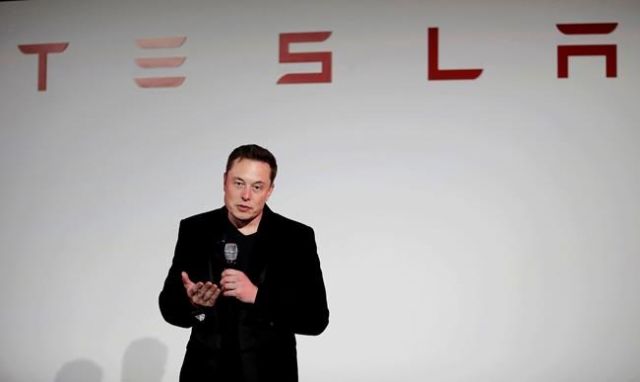Electric auto brand Tesla signed an agreement Wednesday to secure land in Shanghai for its first factory outside the United States, pushing ahead with development despite mounting U.S.-Chinese trade tensions.
Tesla, based on Palo Alto, California, announced plans for the Shanghai factory in July after the Chinese government said it would end restrictions on full foreign ownership of electric vehicle makers to speed up industry development.
Those plans have gone ahead despite tariff hikes by Washington and Beijing on billions of dollars of each other’s goods in a dispute over Chinese technology policy. U.S. imports targeted by Beijing’s penalties include electric cars.
China is the biggest global electric vehicle market and Tesla’s second-largest after the United States.
Tesla joins global automakers including General Motors Co., Volkswagen AG and Nissan Motor Corp. that are pouring billions of dollars into manufacturing electric vehicles in China.
Local production would eliminate risks from tariffs and other import controls. It would help Tesla develop parts suppliers to support after service and make its vehicles more appealing to mainstream Chinese buyers.
Tesla said it signed a “land transfer agreement” on a 210-acre (84-hectare) site in the Lingang district in southeastern Shanghai.
That is “an important milestone for what will be our next advanced, sustainably developed manufacturing site,” Tesla’s vice-president of worldwide sales, Robin Ren, said in a statement.
Shanghai is a centre of China’s auto industry and home to state-owned Shanghai Automotive Industries Corp., the main local manufacturer for GM and VW.
Tesla said earlier that production in Shanghai would begin two to three years after construction of the factory begins and eventually increase to 500,000 vehicles annually.
Tesla has yet to say how it will pay for the Shanghai factory. The company has yet to give a price tag but the Shanghai government said it would be the biggest foreign investment there to date.
Tesla’s $5 billion Nevada battery factory was financed with help from a $1.6 billion investment by battery maker Panasonic Corp.

